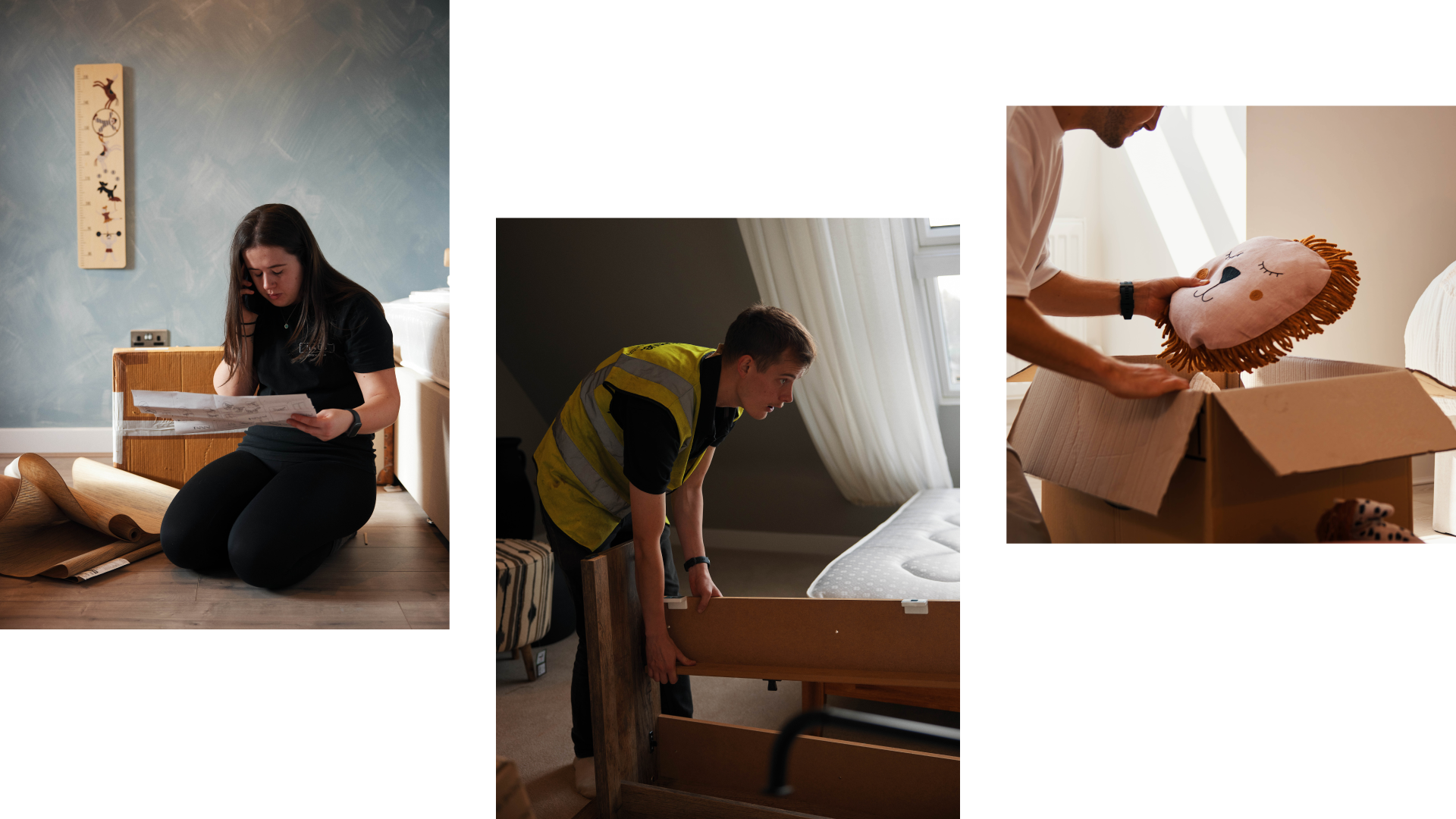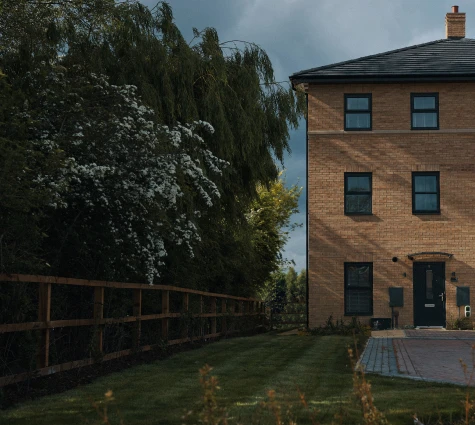Moving house is a major financial decision, especially in the UK, where the housing market can vary dramatically depending on location, property size, and economic conditions.
Whether you're looking for more space, relocating for work, or just wanting a change, it’s essential to assess whether you can afford to move house. This blog will break down the key financial considerations to help you determine if now is the right time for a move.














